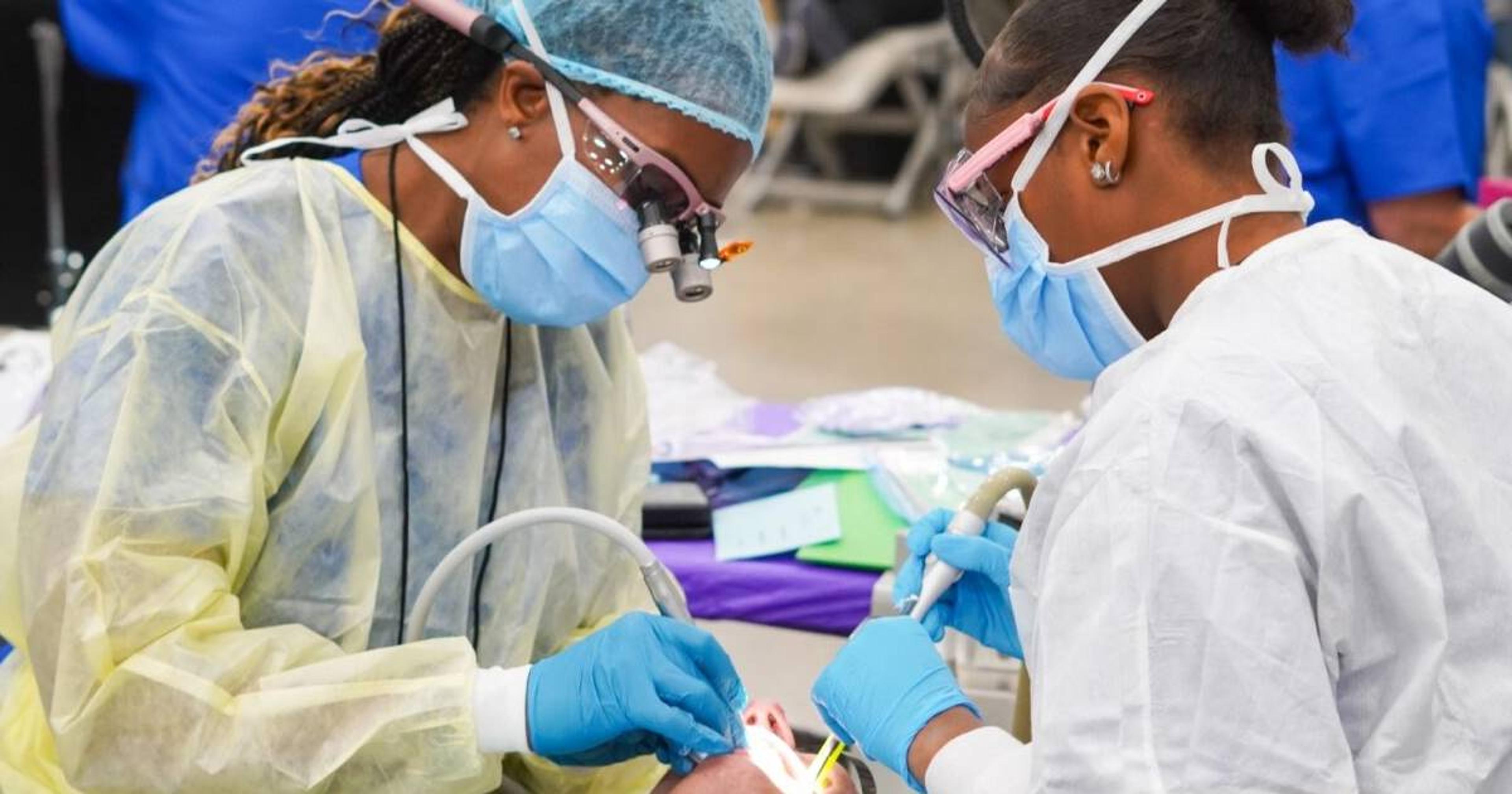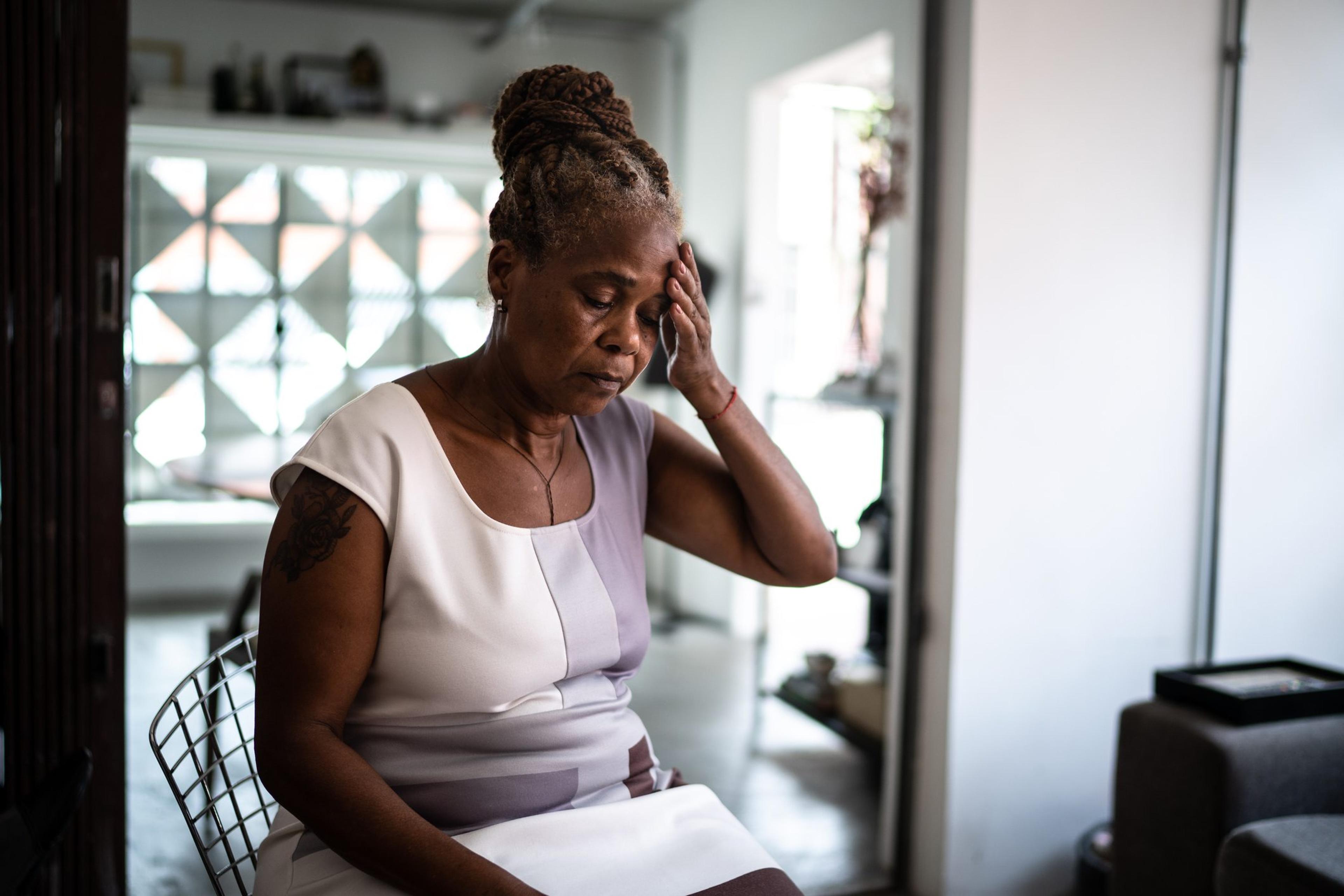Birmingham Man Spreads Men’s Health Month Message of Hope After Overcoming Two Bouts of Stage IV Cancer 30 Years Apart
Jake Newby
| 6 min read
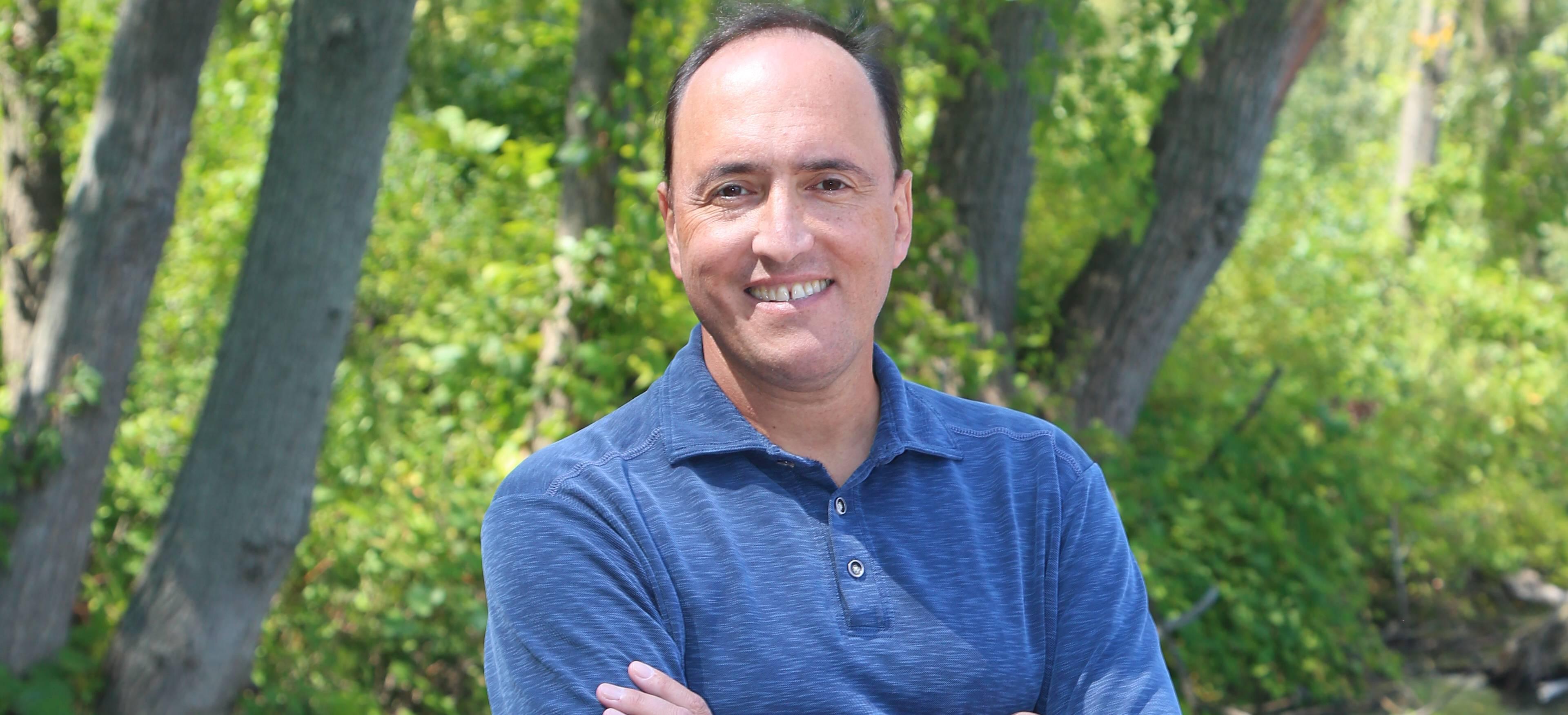
Howard Brown said recovering from stage IV Non-Hodgkin’s Lymphoma at the unthinkable age of 23 was like “putting Humpty Dumpty back together again.”
After receiving a successful bone marrow transplant from his twin sister and undergoing extensive chemotherapy and full body radiation, Brown set his sights on survivorship; he moved to Silicon Valley from his then-home in Ohio and basically started anew.
“I moved to California to rebuild myself emotionally, physically, financially, with my career, and then with my relationships,” said Brown, a Medicare Advantage Blue member. “I had to put myself back together. I was 135 pounds and bald. It was hard work to put myself back together, but I did.”
Brown, a current Birmingham resident, got the most out of his second lease on life. He met his wife, he got into community service, and he thrived in his computer technology career, all for that second lease to expire unexpectedly soon after moving his family to Michigan in 2005.
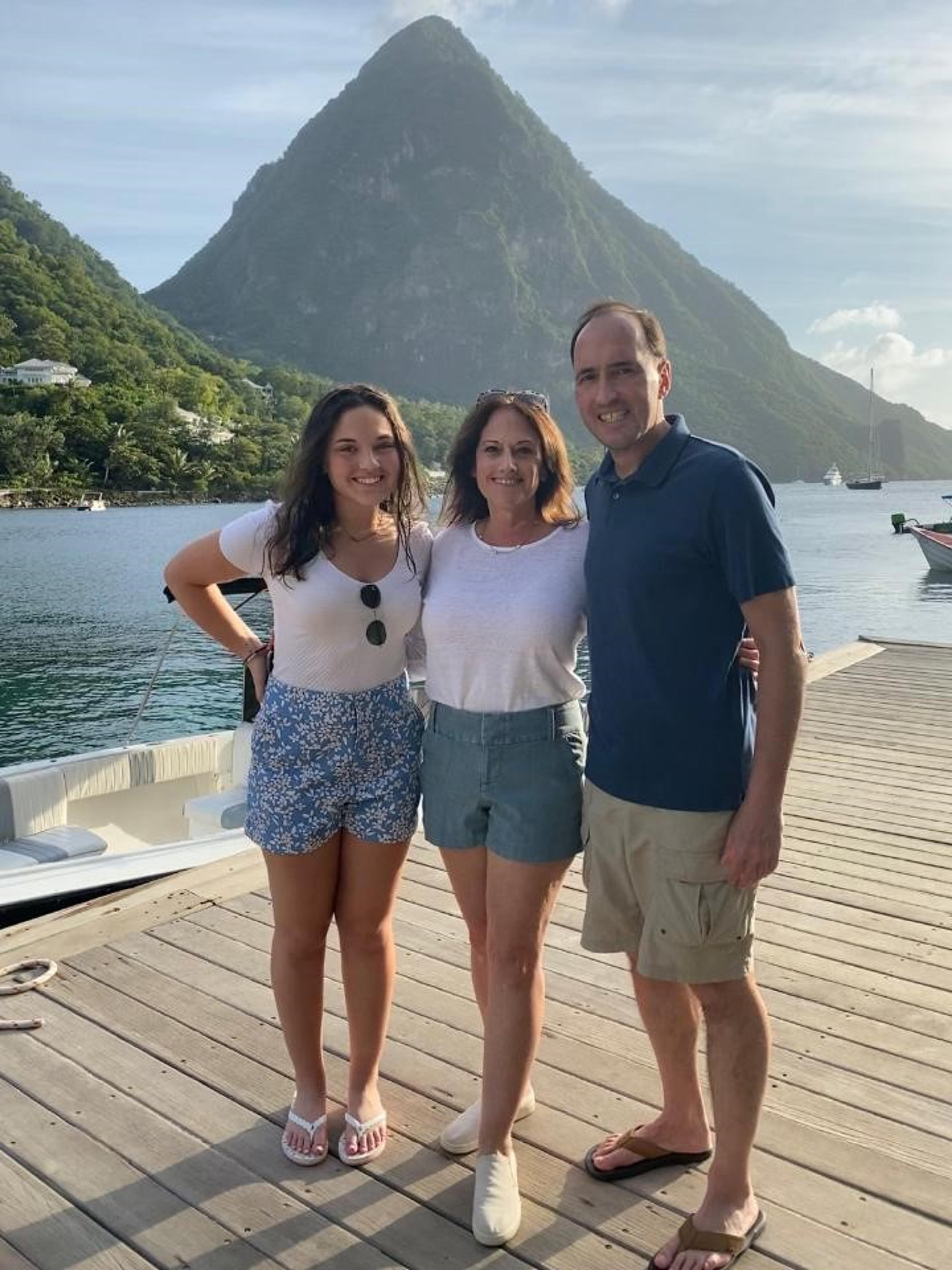
The power of connection: how Brown’s second battle with cancer differed from his first
“I went in for my annual physical at age 50 and (my doctor said) ‘it’s time for your colonoscopy,’” Brown said. “Except for a bit of irritable bowel syndrome leading up, I didn’t have any symptoms. I was great. But on June 4 of 2016, I woke up from that colonoscopy – and it shows you how important it would be to get screened earlier, but 50 was the mandatory age back then – I woke up with an eight-and-a-half-centimeter tumor in my cecum.”
The cecum connects the large and small intestine. Brown’s doctors said he had stage 3B colon cancer.
“Lightning struck again for me,” Brown said.
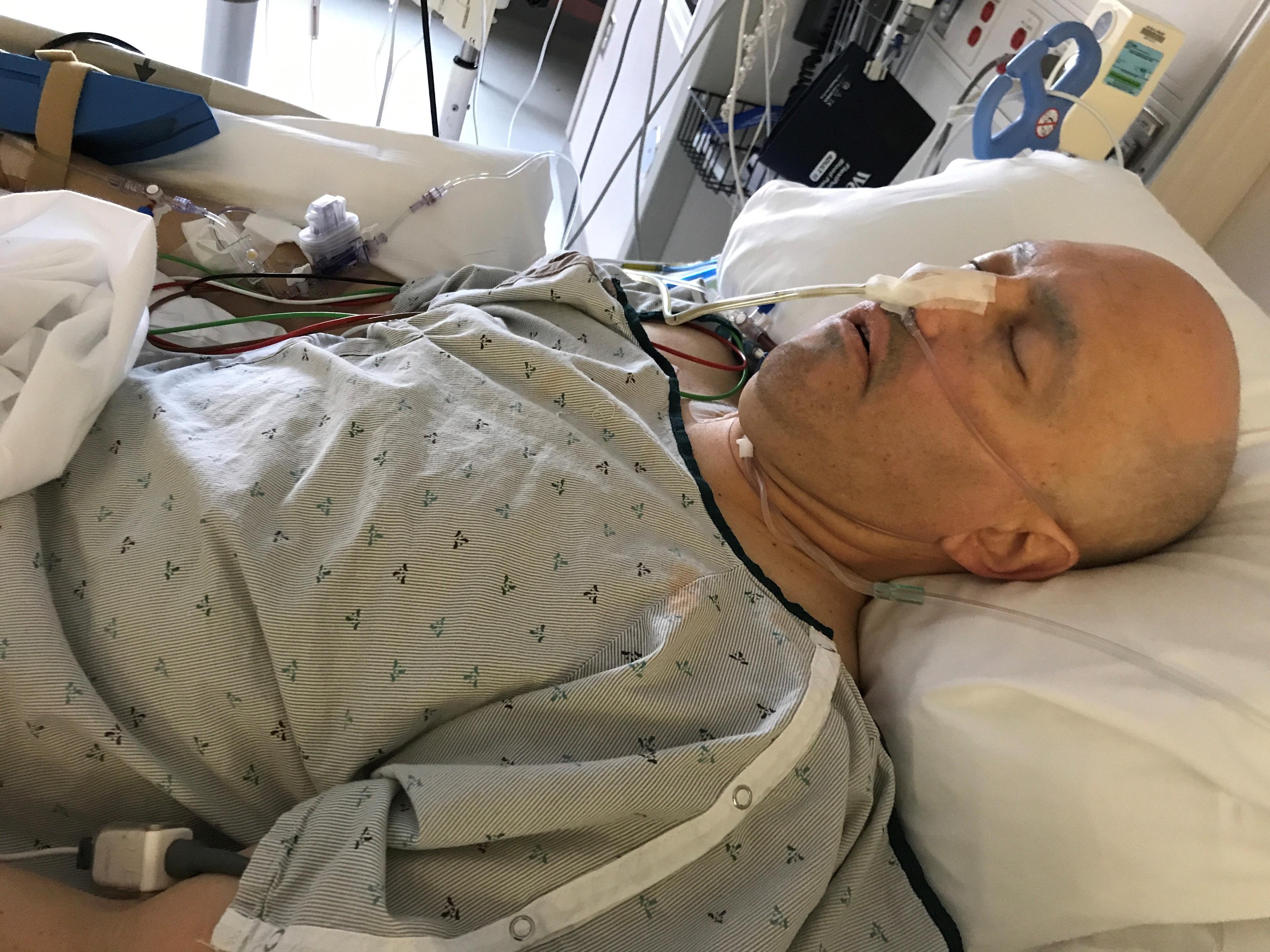
After rebuilding his life, resurrecting his career, and raising a family in Michigan, Brown found himself back on a hospital bed fighting for his life, like he did 27 years prior.
“Back to chemotherapy. I had immediate surgeries, I had a colon resection of 13.5 inches,” Brown explained. “That chemotherapy did not work, it failed me. And I had more surgery because the cancer spread outside of my colon.”
Beyond the grueling physical toll multiple surgeries and failed chemo took on Brown, he was fighting another battle in his head. The nature of Brown’s first cancer at 23 left him immunocompromised. As he put it, he was “literally the boy in the bubble.” But this time around was different.
“I wasn’t able to see many people that first time. I call that my ‘deer in the headlights phase,’” Brown said. “I didn’t know what was going on around me, but I managed to learn. Now, fast forward to 2016, I’m living in the digital age. My daughter is a freshman in high school, I’m married 22 years. It’s a whole different ballgame now.”
With his future uncertain and his health as influx as it could be, Brown turned to community. Not only did he get a lift from online support groups, his actual community connected with him during his time of need. When he was immunocompromised all those years earlier, he had no choice but to isolate. This time, he taught himself to do the opposite.
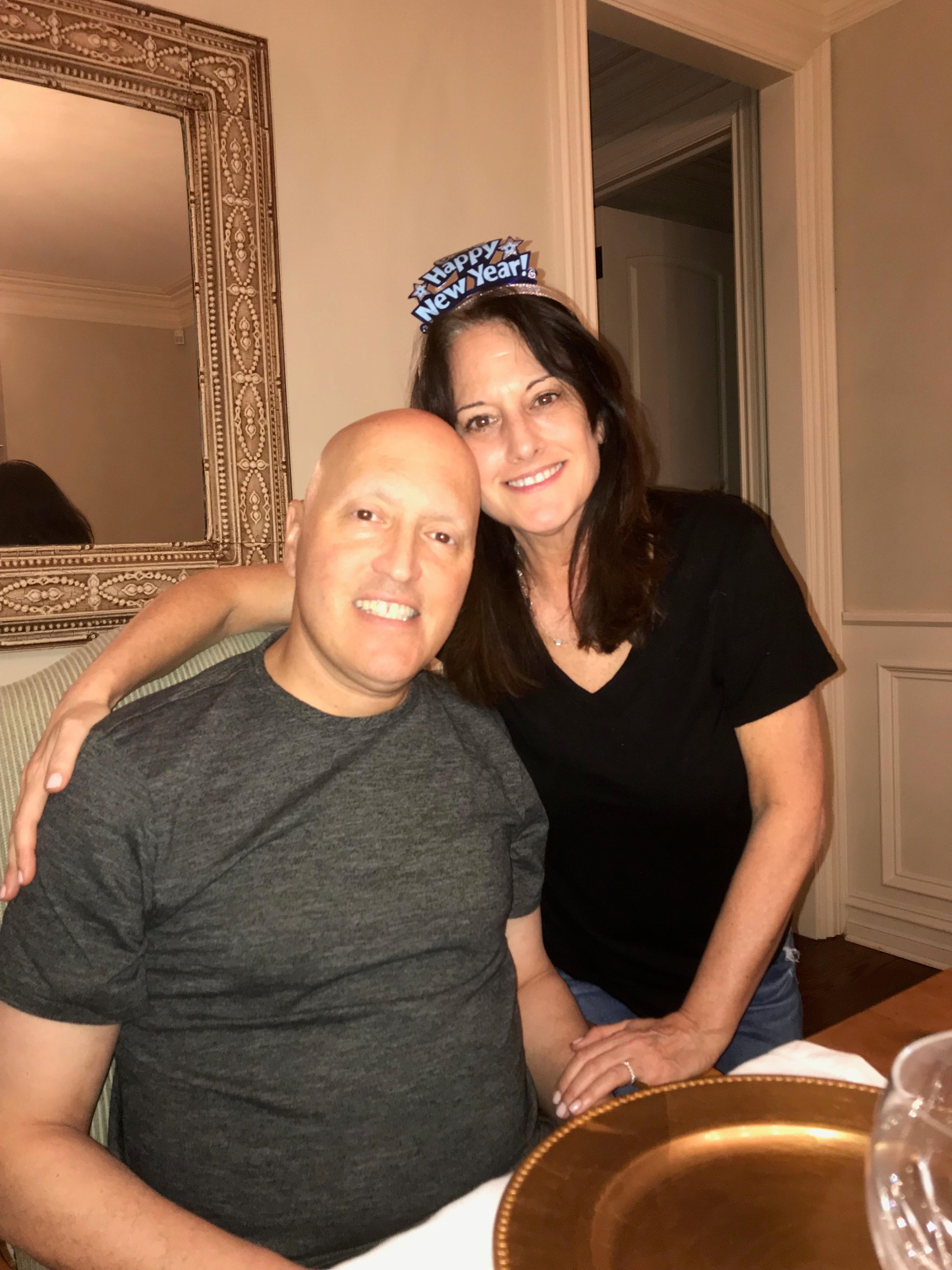
“I was able to learn a lesson to take help during my time of need,” Brown said. “And that help came, I called out to the cavalry and the cavalry came. I got tons of support from my community, from my neighbors, from (my daughter’s) soccer team, from her school. That was a beautiful thing. No one has to go through this alone.”
Through the community Brown found on social media, he found connection. But he also found knowledge and information, directly from other cancer survivors. The knowledge and experiences from others empowered Brown to advocate for himself.
“There were online support groups out there that helped me get the support and knowledge I needed to be collaborative with my oncology team,” he explained. “Through the online communities and cancer advocacy groups I learned of this surgery called Cytoreduction Hyperthermic intraperitoneal chemotherapy (CRS-HIPEC).”
Brown’s 10-hour marathon of a CRS-HIPEC surgery did the trick; he’s now 4.5 years cancer-free, and his third lease on life has been his most enjoyable one yet.

Advocacy and outreach: Brown's survivorship is ingrained in his identity
The United States Preventive Services Task Force (USPSTF) recommends people begin regular colorectal cancer screening at age 45, a revision that was made in 2021. Had that guideline been lowered years prior, Brown and many others who received cancer diagnoses in their 50s may have been diagnosed at an earlier stage.
“I probably would have had a polyp clipped or had maybe stage I colorectal cancer,” Brown said. “I probably wouldn’t be here talking about all this right now, there’d be no story to tell. Early screening saves lives.”

Brown has been a vocal, public proponent for early screening since he was deemed cancer free. The two-time cancer survivor wrote a memoir published in 2022 titled “Shining Brightly.” He’s become a survivorship coach, an international speaker, and a podcaster, public platforms he’s stood on to help spread hope and resilience.
“I learned how to be collaborative with my medical and oncology teams and my doctors,” Brown said. “How did I do that? These advocacy organizations, the Colorectal Cancer Alliance, where I’m a patient champion, helped educate me and make me smart so I can not only communicate my story but mentor others. I take that seriously as a giveback.”
The two pieces of advice he finds himself offering up most often are to avoid isolating and to ask for help.
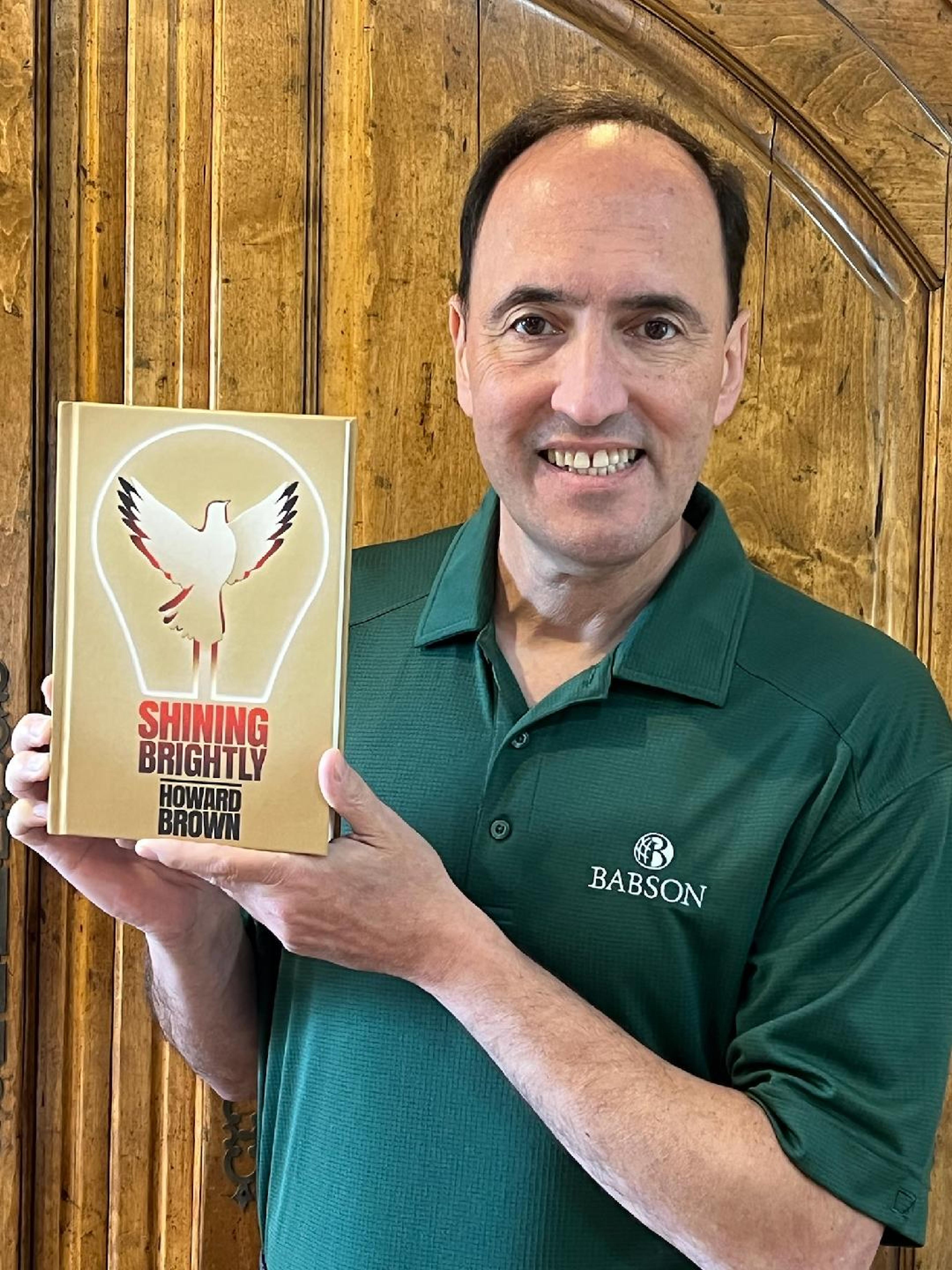
“I mentor a lot of men with colon cancer because men tend to isolate, and don’t actually ask for help,” Brown said. “We want to change that. So, this is my giveback for getting my life back and building Humpty Dumpty a second time.”
In honor of Men’s Health Month in June, Brown provided some additional advice to men to try and keep them as far away from their local hospitals as possible.
“You have to get enough sleep, you have to hydrate, you have to stay active and exercise, and you may need to change your diet,” Brown said. “Those are the basics right there for men’s health. You can make those changes happen. Don’t just get into the habit of sitting in front of the TV with a beer and a hot dog. You can make those changes, and you’ll be glad you did once you make them.”
Read on:
- ‘I Would Not Be Here:’ Organ Donors, Recipients Share Their Emotional Stories
- ‘We Don’t Take Anything For Granted:’ Middleville Child’s Triumph Over Cancer Strengthens Family's Bond
- The Small Moments Mean More: Roseville Mom Recognizes the Beauty in Raising Child with Hypotonic Cerebral Palsy
Photo credit: Howard Brown


